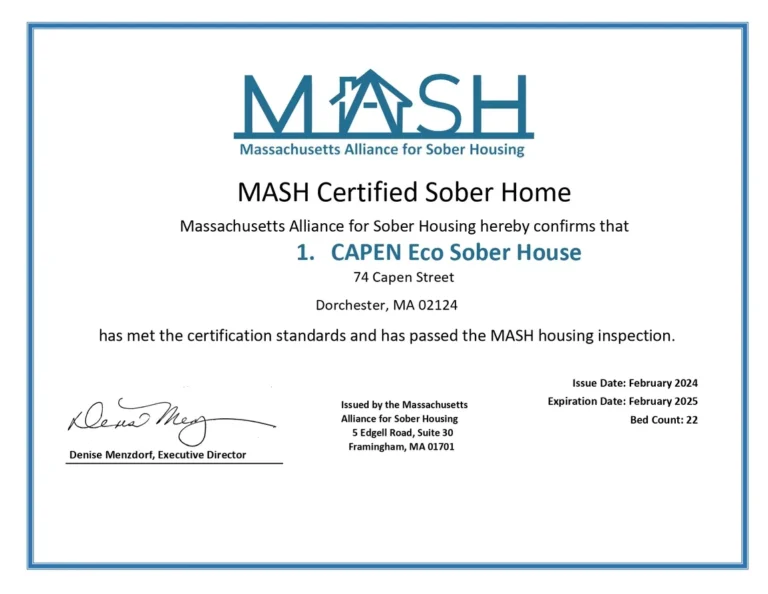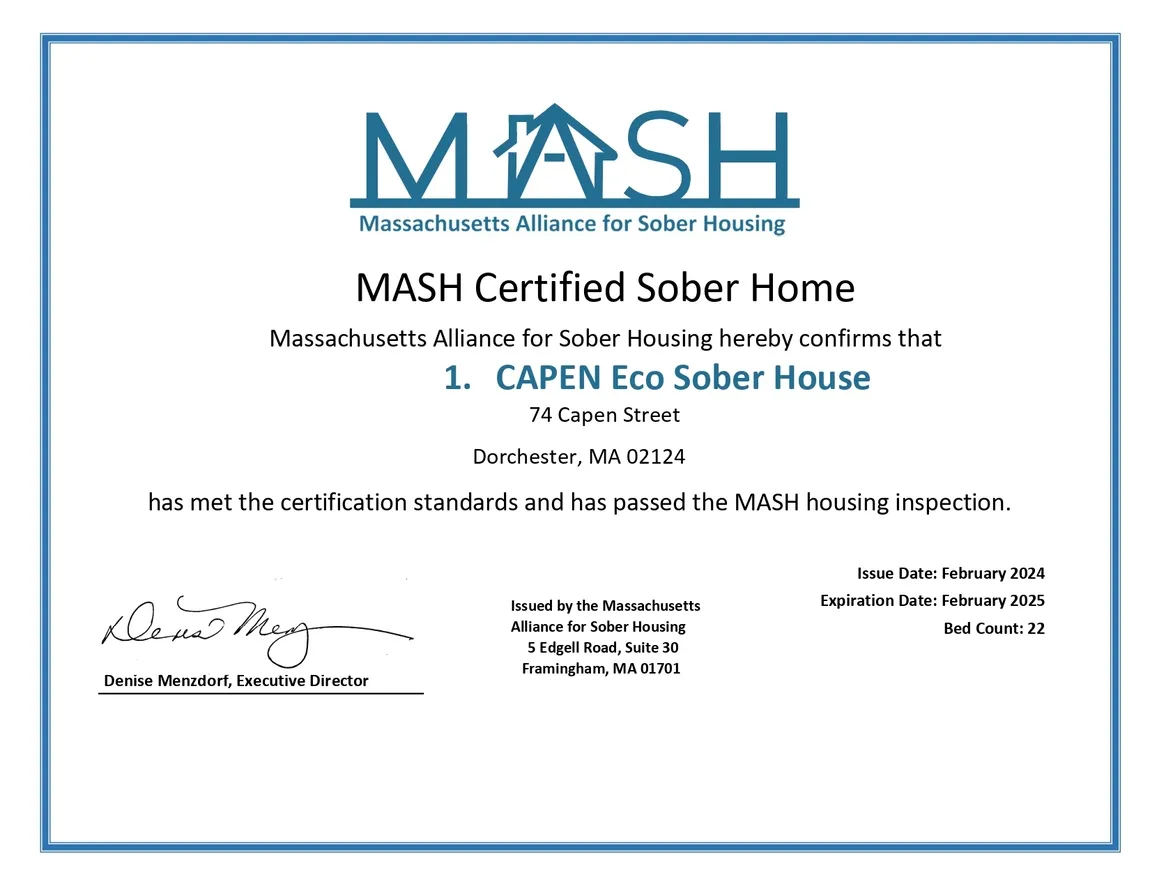
They also use it more often, and find it difficult to pass off opportunities to use. People who use marijuana for recreation do it for their personal enjoyment. Recreational users also don’t consume marijuana to get “stoned” and are only after its mild, positive effects. Marijuana abuse is linked to many health problems that affect a person’s heart, lungs, and mental well-being.
Get the latest in health news delivered to your inbox!

Regardless of modality, close is marijuana addictive follow-up early in the treatment course is often beneficial. With the patient’s permission, interval drug testing and/or the involvement of collateral contacts can be helpful for assessing progress. A theoretical treatment algorithm for CUD is provided (Figure 2) for clinicians considering pharmacological approaches in addition to behavioral interventions. Treatment for marijuana addiction may involve addressing co-occurring psychiatric conditions and the possibility of addiction to other substances like alcohol or cocaine. While there is no FDA-approved medication for marijuana use disorder, treatment may include behavioral therapies tailored to individual needs based on usage frequency, co-occurring disorders, and polysubstance use. Organizations such as the American Addiction Centers (AAC) offer help for individuals struggling with marijuana misuse or addiction.
Graduate School of Addiction Studies
- The symptoms you are experiencing result from your brain and body trying to adjust to the absence of marijuana from your system.
- Review the available evidence-based behavioral treatments for cannabis use disorder.
- Stress, emotional distress, and other mental health conditions (such as anxiety and depression) can all contribute to the development of cannabis use disorder.
- Marijuana addiction, though not as deadly or dire as some other addictions, is still challenging to overcome, taking time, effort and patience.
Marijuana addiction occurs when the user cannot stop using the drug even though it has a negative impact on their life. People whose substance use disorder involves marijuana often develop a dependency on the drug. Many people receiving treatment for marijuana addiction also undergo behavioral therapy. People who don’t seek treatment cite poor motivation, fear of change, stigma, other mental health problems, and lack of access as barriers to treatment. Researchers have identified several gene variants that can increase the risk of developing cannabis dependence or cannabis addiction.

Mind Matters: The Body’s Response to K2/Spice
The plant has historically been used recreationally for its mind-altering effects, which can include enhanced senses and changes in mood. In some states, doctors can prescribe marijuana for medicinal uses such as reducing muscle spasms, pain, nausea, and vomiting. Although marijuana is becoming legal in more states, there’s still the potential for abuse and addiction. With the ongoing legalization of marijuana in the United States and around the world, it can be hard to say how this will impact marijuana use and abuse. More research needs to be done on potential treatments for marijuana abuse and how to increase support and accessibility for existing treatments.

- Other strategies to quit smoking weed include avoiding triggers, focusing on positive activities, and overcoming cravings by distraction.
- Though our tips for quitting marijuana on your own may help, your best option is to contact a treatment provider that specializes in cannabis use treatment.
- It can reduce cannabis use early in treatment; however, effects may not be sustained 1 month after treatment.
Having these risk factors doesn’t mean you definitely will develop a substance abuse problem, but you may be more at risk. Research has also found that developing a strong sense of self-efficacy, or a belief that a person can resist using cannabis, is an important predictor of long-term abstinence. However, a positive drug test does not necessarily mean the person has cannabis use disorder and a negative drug test does not rule it out. Instead, it is more important to look at reported cannabis intake compared to the amount that is in the blood. During her tenure, she and other city officials sought to block state funding for the New Hampshire Harm Reduction Coalition, a nonprofit that operates a syringe exchange program in Manchester, and barred it from city parks.
- Successful recovery often requires ongoing efforts, including behavioral therapy and support from recovery groups.
- If you’re seeking help for yourself or a loved one, our expert team is here to guide you every step of the way.
- During this process, the individual may experience the aforementioned withdrawal symptoms.
- Accompanying meditation with gentle, healthy exercises and eating balanced meals will also give the body the fuel it needs to fight withdrawal symptoms and help you recover sooner.
